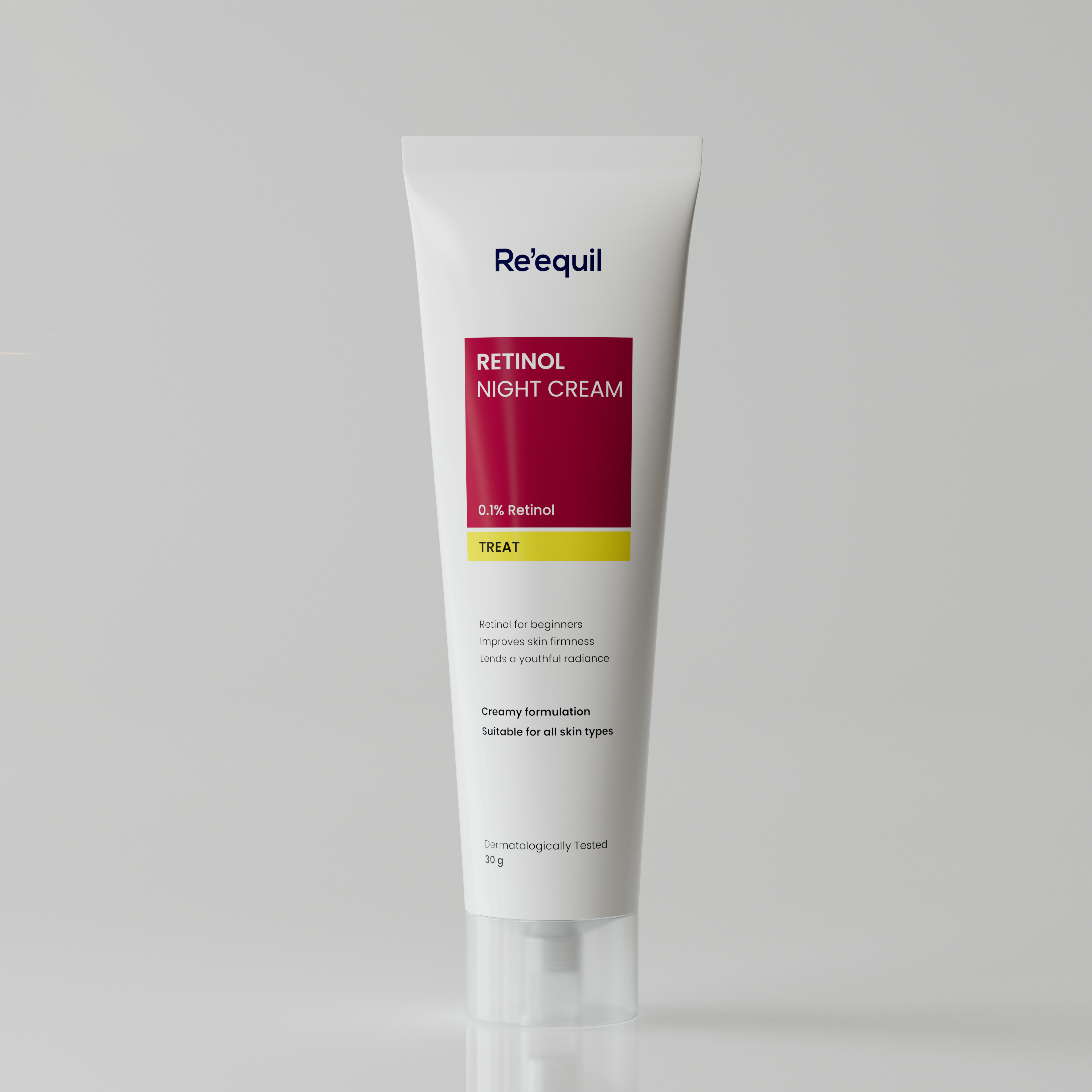Ask a coffee buff to start their day without a cup of coffee—the look on their face will say it all.
That first sip in the morning—a sense of awakening—makes one feel primed and prepared for the day.
Not only an inspirational morning reinvigoration—coffee is a lifestyle beverage with a global consumption of 400 billion cups a year.
It has annexed cultural and socioeconomic prominence since the earliest accounts of human history.
Filtered coffee is one of the safest beverages available out there.
Drinking 2-3 cups of coffee a day will benefit your health more than harm.
However, many are worried about whether coffee causes acne—the reality is—the relationship between the two is quite complex.
Let’s discuss whether coffee is actually the cause of your acne—and how you can drink it without exacerbating your acne situation.
Does drinking coffee cause acne?
There are no studies that directly link coffee to acne.
However, caffeine triggers stress responses in the body. It increases the body’s levels of cortisol, the “stress hormone” which can lead to lack of sleep and other health issues.
A 2017 study concluded that stress positively correlates with acne severity.
Caffeine can exacerbate the existing acne—if not the root cause of new breakouts.
Moreover, how you drink your coffee also plays a crucial role—and an important factor to consider before you conclude the link between caffeine and acne.
Tips to enjoy coffee without worrying about acne
Coffee doesn’t directly cause acne—it’s all about how you drink it—and if you can change that—you don’t have to avoid coffee at all.
Here are some ways you should be drinking coffee if you want to make sure it doesn’t worsen your acne or cause new breakouts.
Avoid refined sugar and milk
Coffee beverages generally include milk and sugar—which can contribute to acne.
Dairy products including milk can trigger acne and worsen the situation of existing acne, according to a 2018 study.
Excess sugar, on the other hand, can cause glycation (A natural process that is triggered by sugar).
Glycation can affect collagen and elastin—two proteins responsible for keeping our skin plump.
Glycation can weaken these proteins—resulting in wrinkles and a dull appearance.
That is why, black coffee (without sugar) is considered to be the safest.
According to a 2018 study, individuals who drank black coffee had lower acne severity than individuals who drank coffee beverages (mixtures).
Alternative
You can also switch to stevia—a sugar substitute made from the leaves of the Stevia rebaudiana plant.
Avoid coffee in the evening
Coffee has a half-life of 5-6 hours—so if you have it in the evening—it will probably be in your system till the time you go to sleep.
Thus, drinking coffee in the evening can reduce sleep quality and you might have a hard time sleeping.
Moreover, it can increase stress hormones which can lead to acne or increase the severity of existing breakouts.
References
1. Juhl CR, Bergholdt HKM, Miller IM, Jemec GBE, Kanters JK, Ellervik C. Dairy Intake and Acne Vulgaris: A Systematic Review and Meta-Analysis of 78,529 Children, Adolescents, and Young Adults. Nutrients. 2018 Aug 9;10(8):1049. doi: 10.3390/nu10081049. PMID: 30096883; PMCID: PMC6115795.
2. Zari S, Alrahmani D. The association between stress and acne among female medical students in Jeddah, Saudi Arabia. Clin Cosmet Investig Dermatol. 2017 Dec 5;10:503-506. doi: 10.2147/CCID.S148499. PMID: 29255370; PMCID: PMC5722010.
3. Poole R, Kennedy OJ, Roderick P, Fallowfield JA, Hayes PC, Parkes J. Coffee consumption and health: umbrella review of meta-analyses of multiple health outcomes. BMJ. 2017 Nov 22;359:j5024. doi: 10.1136/bmj.j5024. Erratum in: BMJ. 2018 Jan 12;360:k194. doi: 10.1136/bmj.k194. PMID: 29167102; PMCID: PMC5696634.
4. Natasha T, Wijaya L, Djuartina T, Arieselia Z. Effects of Coffee Consumption on Acne Vulgaris Severity in Atma Jaya Medical Students in Jakarta, Indonesia. j. urban health res. [Internet]. 2024 Oct. 9 [cited 2024 Dec. 1];3(1):1-12. Available from: https://ejournal.atmajaya.ac.id/index.php/juhr/article/view/5467






























